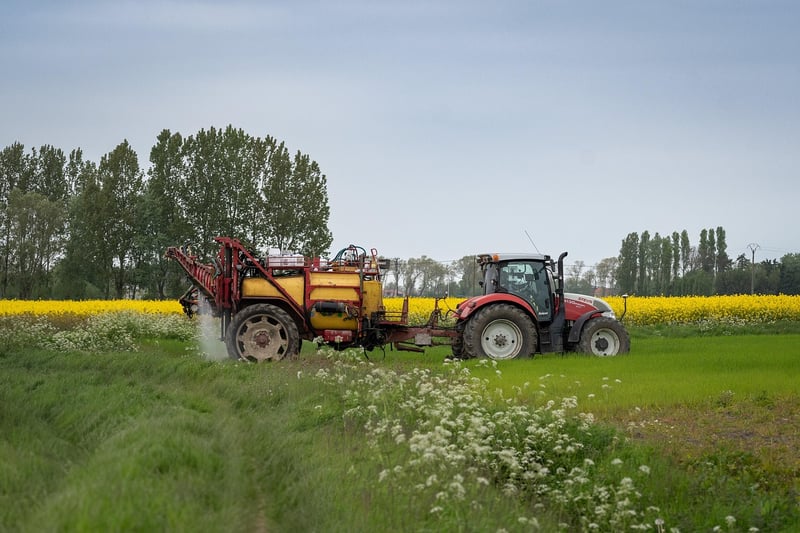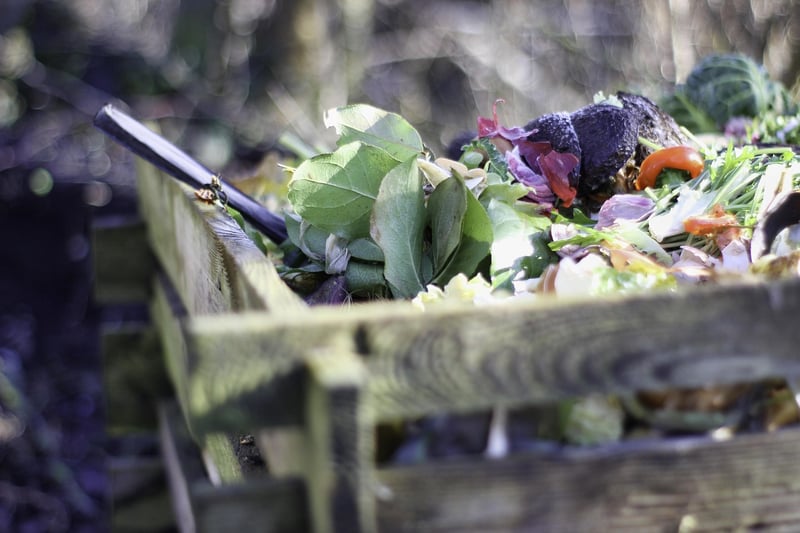Sustainable Practices
Minimize Food Waste Impact with Sustainable Practices

Food waste is a significant issue that impacts the environment, economy, and society. By adopting sustainable practices, we can minimize the negative effects of food waste and work towards a more efficient and responsible food system.
Why is Food Waste a Problem?
Food waste not only squanders valuable resources like water, energy, and land but also contributes to greenhouse gas emissions when food decomposes in landfills. Additionally, it deprives people in need of nutritious meals and strains the economy.
How to Minimize Food Waste
- Plan meals and create shopping lists to avoid buying excess food.
- Properly store fruits, vegetables, and leftovers to extend their shelf life.
- Use leftovers creatively in new dishes to prevent them from going to waste.
- Support local farmers and buy imperfect produce to reduce food waste at the source.
- Compost food scraps to divert organic waste from landfills and create nutrient-rich soil.
Embracing Sustainable Practices
Embracing sustainable practices in food production, distribution, and consumption is crucial for reducing food waste impact. Farmers can implement regenerative agriculture techniques, retailers can donate surplus food to food banks, and consumers can choose products with minimal packaging.
Take Action Today
By making small changes in our daily lives, we can collectively make a big difference in reducing food waste and promoting sustainability. Let's work together towards a future where every meal counts and where our food system is both efficient and environmentally friendly.

Together, we can minimize food waste impact and create a more sustainable world for generations to come.
